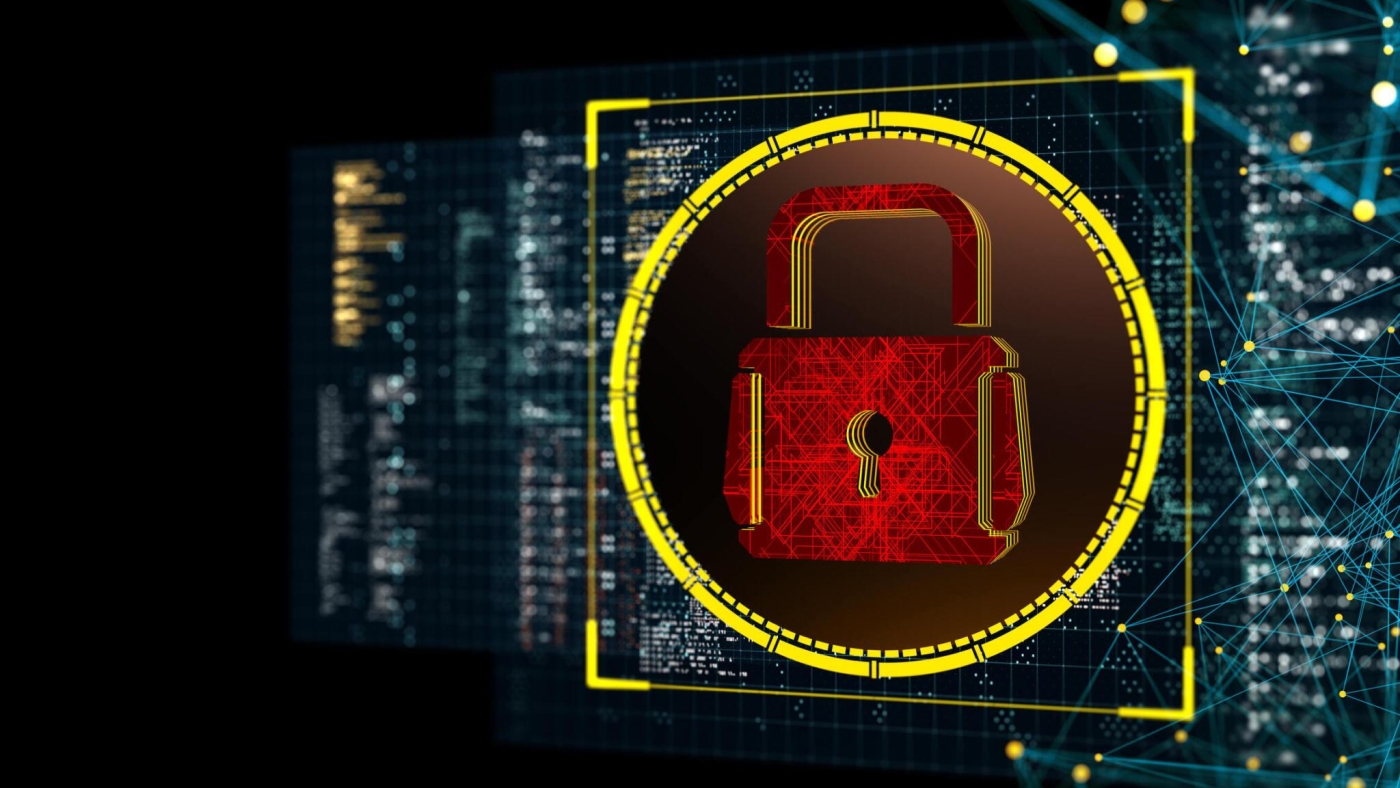Like other organisations/companies, Non-Profit Organisations (NPOs) collect and utilise data from their program participants, partners or donors. It is therefore imperative that they prioritize data privacy and protection.
Data privacy and protection essentially entail safeguarding sensitive personally identifiable information, covering data collection, storage, and organizational use. Data collected by NPOs may include details such as names, addresses, emails, and financial information.
Here are key insights for NPOs as they navigate the landscape of data privacy and protection.
Why Data Privacy and Protection?
Data protection and privacy aren’t just checkboxes for NPOs; failure to safeguard sensitive information can lead to severe consequences, posing significant risks to organisations.
Loss of Data
Losing valuable data can be detrimental to an NPO’s operations. Whether it’s program participant information, donor records, or financial data, the loss of such information can disrupt essential activities and hinder effective decision-making. Additionally, recovering lost data can be a time-consuming and costly process.
Financial Loss
Data breaches can lead to financial losses. NPOs may face financial liabilities associated with rectifying the situation. This could include expenses related to legal actions, regulatory fines, or compensating affected individuals. By implementing robust data protection measures, the risk of financial loss can be minimised and resources can be allocated to their core mission.
Damage to Reputation
NPOs and civil society organizations in general rely heavily on the trust and support of their stakeholders, including donors, partners, and the civil society at large. A data breach or mishandling of sensitive information can severely damage their reputation. Negative publicity, loss of trust, and public scrutiny can have long-term consequences.
What to Do: Take Action
Digital Security
One of the primary steps in ensuring data protection is to prioritize digital security—measures to secure all data collected, processed, or stored electronically. This includes implementing robust firewalls, encryption techniques, and access controls to prevent unauthorized access or damage to sensitive information. Regularly updating security software and conducting vulnerability assessments can help identify and address any potential vulnerabilities in the organization’s systems. Additionally, establishing strong internal policies and educating staff about cybersecurity best practices can significantly enhance data protection.
Transparency
It is crucial to provide data subjects with enough information to make informed decisions about the data collected from them to obtain informed consent. This includes being transparent about the purpose of data collection, how it will be used, and whether it will be shared with any third parties. This can be achieved through clear and concise privacy policies, consent forms, and opt-in mechanisms.
Compliance
Compliance with relevant data privacy and protection laws can minimise the risk of legal consequences and demonstrate their commitment to protecting individuals’ privacy.
The Personal Data Protection and Privacy Act 2019, spells out specific regulations on data handling. It may also be helpful for NPOs to familiarise themselves with international laws, such as the General Data Protection Regulation (GDPR), to stay informed about how data may be used by third parties operating under EU jurisdiction. This also ensures that they (NPOs) handle data from the same jurisdiction in a way that aligns with the required standards.
Where To Start: Available Resources
- The Personal Data Protection Office (PDPO) website serves as a comprehensive guide for NGO registration and reporting processes and also offers valuable informative material.
- At DPI, we provide training and capacity building in data privacy and protection specifically tailored for NGOs. Feel free to reach out to us here for assistance.

